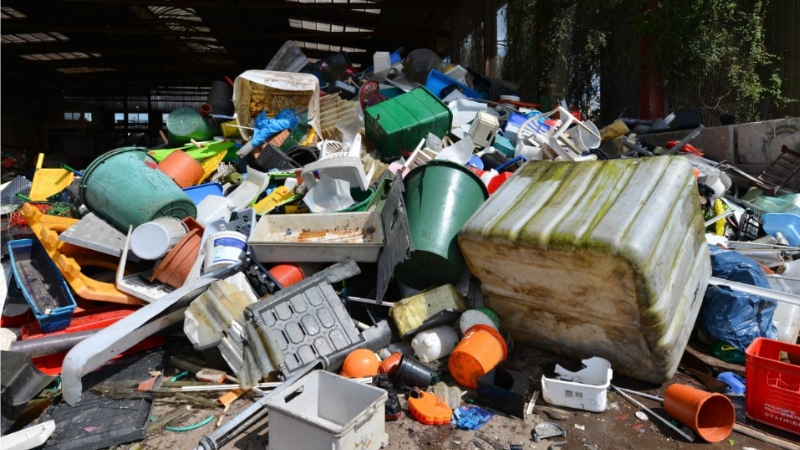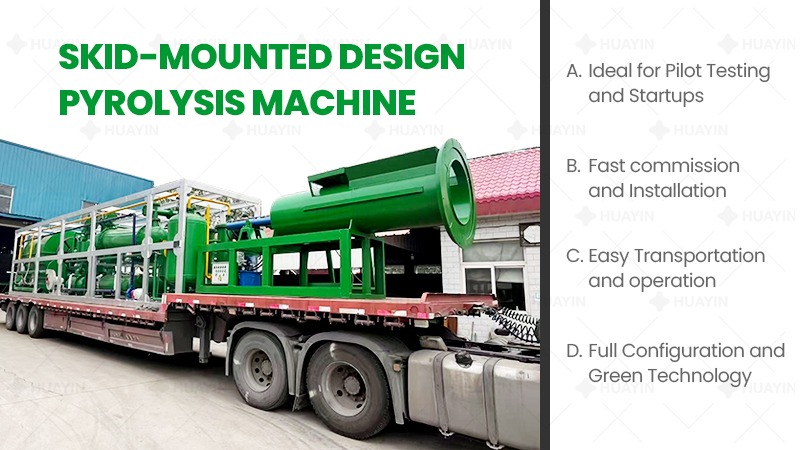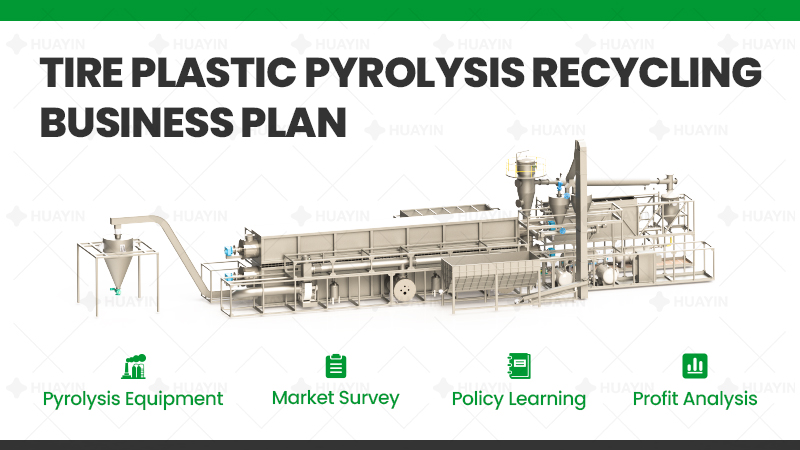
Municipal solid waste can be treated by pyrolysis plant, and because there are many raw materials and the price is cheap, the project has a good market prospect. However, if the domestic waste is not sorted, it is difficult to achieve the economic benefits. The selected wastes, such as waste plastics and rubber, are suitable as raw materials for oil pyrolysis, and they have a higher conversion value.
Many factors, including moisture content, impurity ratio, etc restrict the oil yield of wastes. To improve the pyrolysis efficiency and the loading capacity of raw materials, the pretreatment step of MSW is very important, which may include sorting and impurity removal, compression, dehumidification, and other operations. Optimizing the pretreatment process can not only improve the pyrolysis oil yield but also improve the efficiency of the overall treatment system. If the raw material has good purity, the profit will be great. In many countries, the treatment of MSW can apply for subsidies, which adds a proportion of profits.
Due to the mixed composition of municipal solid waste, its pyrolyzed time and temperature need to be more accurately controlled, which requires a high level of operation for workers. Waste tire pyrolysis is relatively stable and clean due to the composition of raw material; while MSW is prone to waxing and sticking during pyrolysis due to the complex composition, high moisture content, and paraffin contained in raw materials. Therefore the requirements for pyrolysis equipment are relatively high.
Pyrolysis to treat municipal solid waste is a potential waste management and resource utilization technology. Huayin already have several customers in Thailand doing landfill plastic pyrolysis project. It can realize resource utilization and reduce environmental pollution, contact Huayin if you want to learn more about this project!



